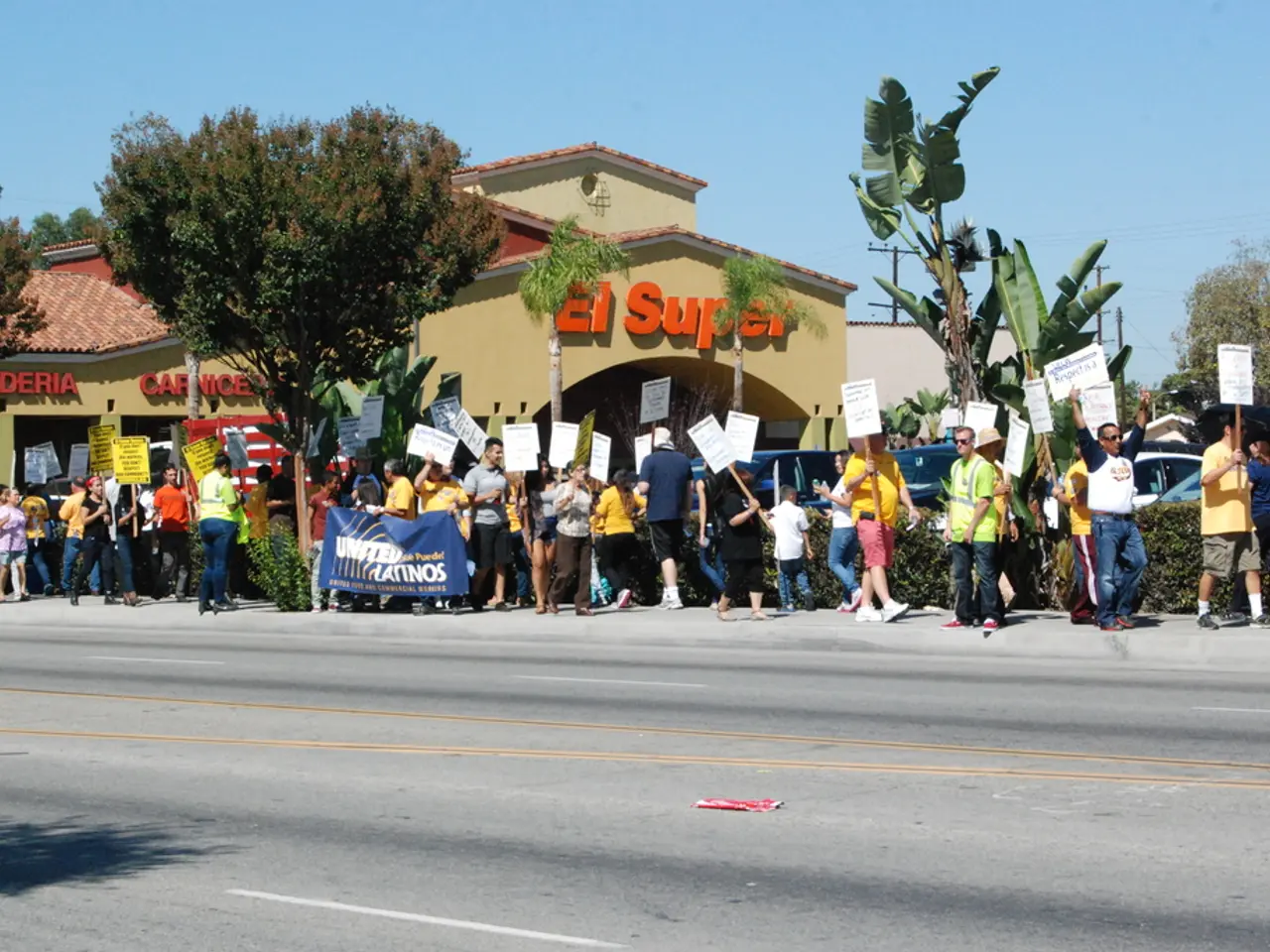San Diego Explores Community Choice Aggregation for Ambitious 2035 Clean Energy Goals
San Diego is exploring Community Choice Aggregation (CCA) to meet its ambitious greenhouse gas emissions and renewable electricity targets by 2035. This move comes as communities across the US, like those in Colorado, face hurdles in pursuing local energy control, while California and Massachusetts embrace CCA for clean energy growth.
CCA allows communities to aggregate their demand for electricity, enabling them to procure power on behalf of their residents, businesses, and accounts within a jurisdiction. In California, nine active CCAs and a dozen more in development have exceeded state renewable energy targets, with Silicon Valley Clean Energy leading the way as the first 100% renewable CCA. Massachusetts has seen 128 cities and towns authorize CCA, including Boston, the largest city to do so recently.
San Diego Gas & Electric (SDG&E) has made progress, reaching 43% renewable energy and planning to hit 52% by 2021. However, local advocates argue that SDG&E's proposals are not serious and represent a delay tactic to prevent San Diegans from choosing and accessing a CCA. Illinois, on the other hand, has had over 600 CCAs, but most shut down due to changes in default utility rates.
The state legislature is considering a bill (SB 100) to increase the Renewable Portfolio Standard (RPS) goal to 60% by 2030 and 100% by 2045, demonstrating a commitment to clean energy growth. CCA offers an easy way for communities to take control of their energy use without creating a municipal utility, making it an attractive option for cities and towns looking to reduce emissions and increase renewable energy.
San Diego's consideration of CCA marks a significant step towards meeting its clean energy goals. As other states and communities grapple with challenges and successes in implementing CCA, the potential for this tool to drive significant growth in clean energy remains clear. The future of CCA in San Diego and beyond will depend on the outcome of ongoing discussions and legislative actions.
Read also:
- Summarized Report: Insights from the Realm of Transportation
- Recorded surge in electric vehicle registrations during the initial half of the year
- Hyundai and Toyota Dominate U.S. Green Car Market with 10 Top Models
- Polestar CEO, Lohscheller, voices concern on the ongoing debates about competitors' products: "Maintain focus, avoid distractions"








